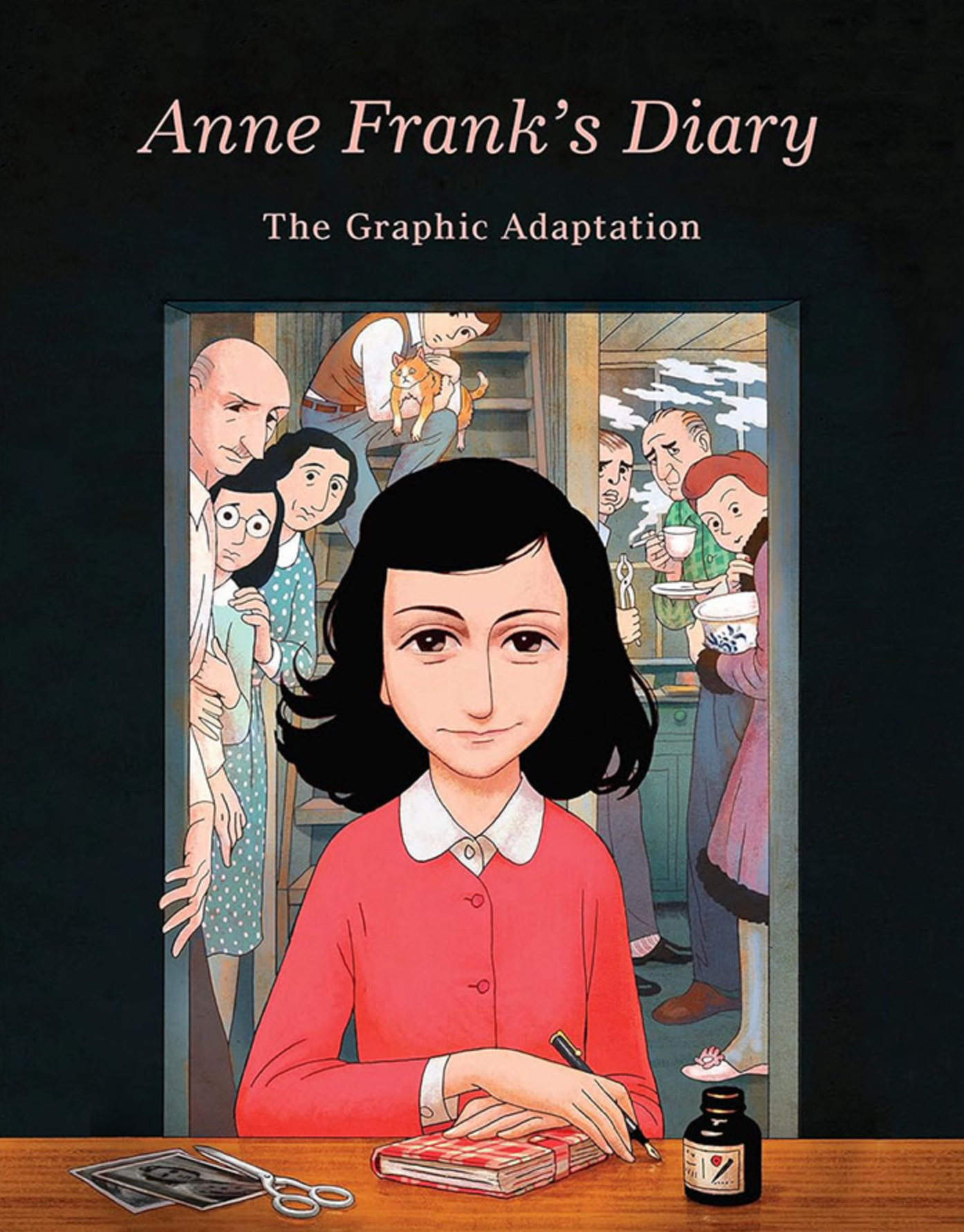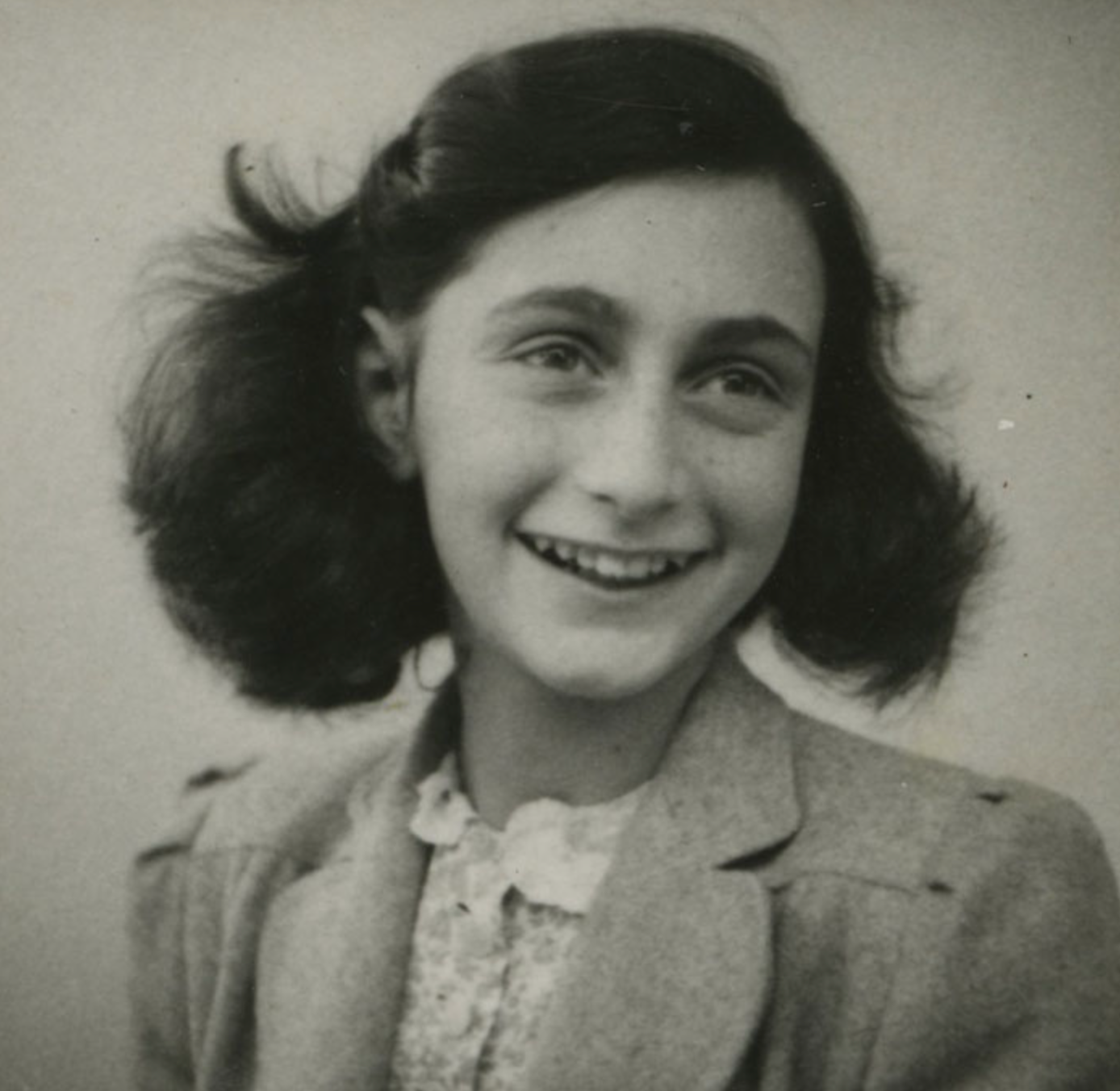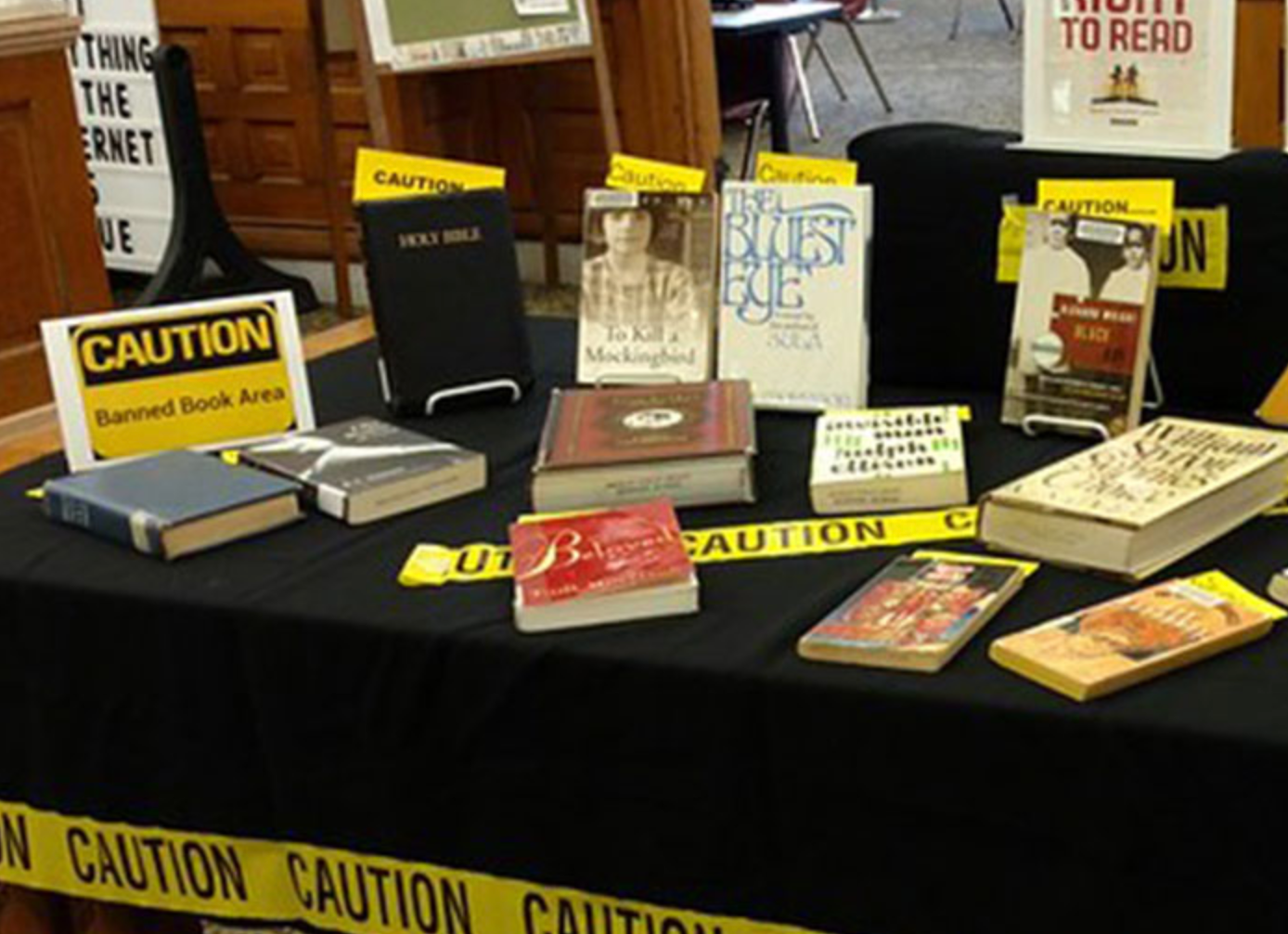Mom Shocked By 8th Grade Teacher Reading Anne Frank’s Diary To Her Kid, Gets Teacher Fired
The United States has witnessed a growing number of book bans, driven by legislation in several states allowing parents to challenge school materials they consider inappropriate for their children and holding educators responsible for the content they teach. A notable example is Florida Governor Ron DeSantis’ “Parental Rights in Education Act,” passed in 2022.
Many of the challenged books revolve around themes of race, gender, and sexual identity, and some books with Jewish themes have also faced criticism.
The most recent incident involving parental challenges occurred on September 13 in Hamshire, Texas, where a teacher was fired for reading an excerpt from an illustrated version of Anne Frank’s “The Diary of a Young Girl” to her eighth-grade class, as reported by local news outlet KFDM-6.
According to Mike Canizales, the communications director and community engagement coordinator for the Hamshire-Fannett Independent School District, the book had not been approved by the district, and there was an ongoing investigation regarding the teacher’s actions.

Following complaints, the school sent an email to parents stating, “It was brought to the administration’s attention tonight that 8th-grade students were reading content that was not appropriate. The reading of the content will cease immediately.”
The graphic novel, titled “Anne Frank’s Diary: The Graphic Adaptation,” was released in 2018 and provides a condensed version of Anne Frank’s diary entries with illustrations. The book was published with the approval of the Anne Frank Fonds, the Swiss institution that manages the copyright to her diary.
Anne Frank originally wrote her diary at the age of 12 while hiding in an Amsterdam annex during the Holocaust. She was discovered after two years and died at the age of 16 in the Bergen-Belsen concentration camp. Her diary is a globally recognized historical literary work that educates students about Nazi persecution and the Holocaust.

The graphic adaptation, created by Ari Folman and illustrated by David Polonsky, includes passages omitted from the original 1947 Dutch version of the diary.
Some parents, like Amy Manuel, disapproved of certain content in the book, such as Anne Frank’s feelings of attraction to another girl and descriptions of her own genitalia.
In April, a Florida public high school removed the graphic edition from its library due to parental complaints, with some considering it “not age-appropriate.”
The decision to remove the novel from Vero Beach High School came after a parent associated with the conservative group “Moms For Liberty” argued that it wasn’t a faithful adaptation of the Holocaust and contained illustrations of Anne Frank among “sexually explicit” female nude statues.
“Moms For Liberty,” initially founded in Indian River and Brevard Counties, has expanded to 44 states and challenges books across the country.

Another incident related to the Holocaust graphic novel occurred in Texas’ Keller Independent School District, where parents initially pushed for its removal, describing it as “pornographic.” However, this decision was later reversed following criticism from the Jewish community and media backlash. Several outside organizations campaigned to keep the book in the district’s libraries.
Similar challenges have led to the removal of other Holocaust-themed books from public schools, including Jodi Picoult’s “The Storyteller” in South Florida and Art Spiegelman’s “Maus” from a middle school curriculum in a Tennessee district. Spiegelman’s graphic novel portrays Jewish victims as mice and Nazis as cats and became a bestseller on Amazon after facing challenges.
The Anne Frank Fonds expressed concerns about increasing ignorance, relativization, or denial of Holocaust history, particularly in the United States.
The trend of book bans and challenges is on the rise in the United States, with the American Library Association recording 695 challenges to library materials and services by the first eight months of 2023, compared to 377 in 2019.

Gretchen Skidmore, director of education initiatives at the United States Holocaust Memorial Museum in Washington, D.C., pointed out the decline in history education and the rise of social media, which has led to questions about the Holocaust’s historical accuracy among students, a trend not seen two decades ago.
While social media platforms like Twitter and Instagram serve as modern gathering places, they also enable the spread of false claims and misinformation, which can erase the memory of past victims and create new ones.
It’s important to note that opinions on Texas’ decision to limit the book vary widely online.
